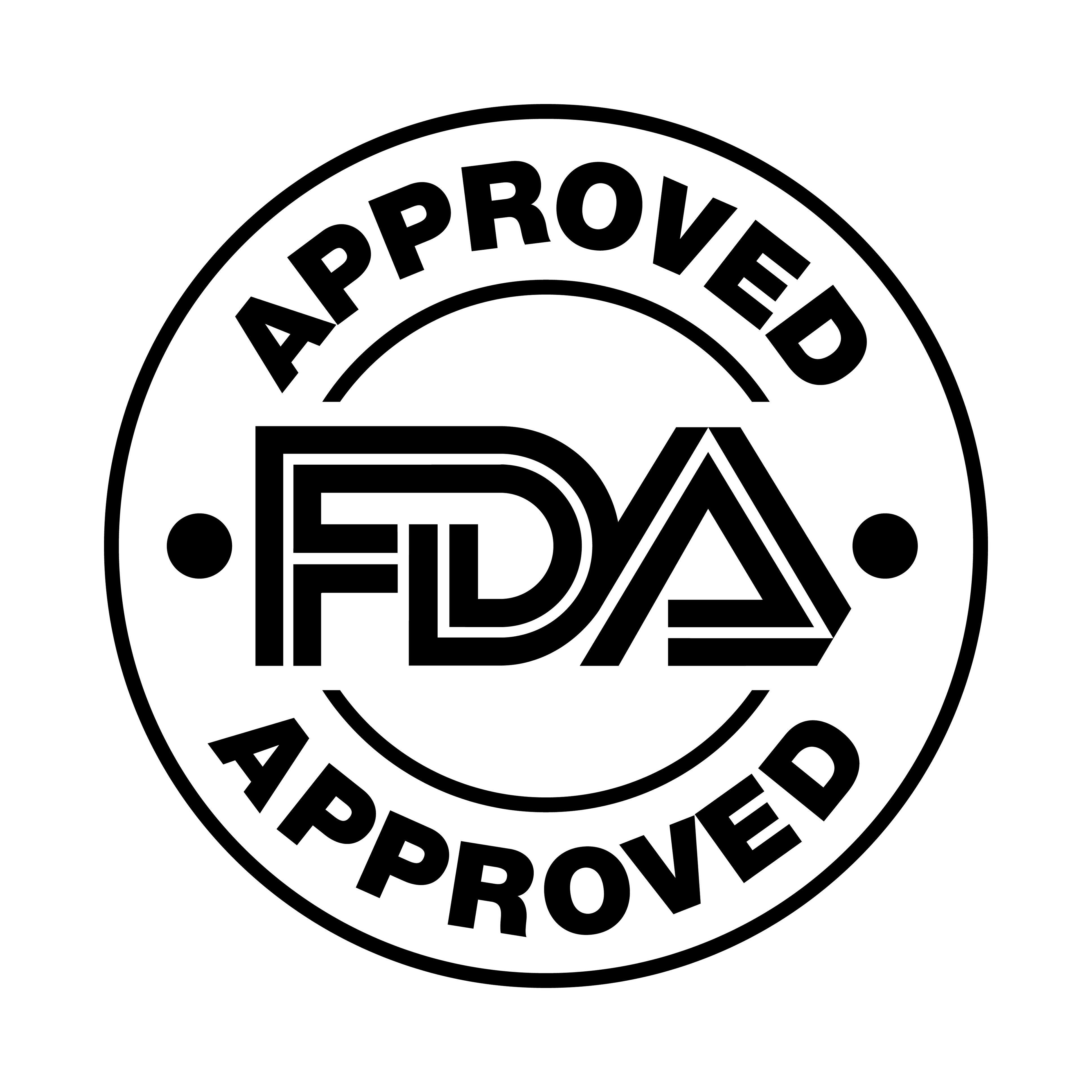FDA expands setmelanotide indication to patients as young as 2 years
The expanded indication is approved to reduce excess body weight and maintain reduction long-term in children 2 years and up with obesity due to BBS, POMC, or LEPR deficiency.
FDA expands setmelanotide indication for patients as young as 2 years | Image Credit: © Calin - © Calin - stock.adobe.com.

The FDA has approved an expanded indication for setmelanotide (IMCIVREE; Rhythm Pharmaceuticals) to include children as young as 2 years of age who have syndromic or monogenic obesity because of Bardet-Biedl syndrome (BBS) or genetically confirmed pro-opiomelanocortin (POMC), including proprotein convertase subtilisin/kexin type 1 (PCSK1), deficiency or leptin receptor (LEPR) deficiency.1
In an announcement from Rhythm Pharmaceuticals, Ilene Fennoy, MD, MPH, pediatric endocrinologist, obesity specialist and professor of Pediatrics at Columbia University Medical Center, stated1:
"It’s important to understand that rare MC4R pathway diseases differ from general obesity as the insatiable hunger these patients experience is pathologic and a result of impairment to a pathway in the brain. With this insatiable hunger, most patients develop early-onset obesity before the age of 5."
"Obesity in childhood, if untreated, can lead to a greater risk of severe and long-term health complications, making early intervention to treat obesity critical," said Fennoy. "With this expanded indication for [setmelanotide], patients now can receive a much needed, targeted treatment that we believe can address a root cause of their obesity at a very young age.”
According to the company, BBS and POMC, PCSK1 and LEPR deficiencies are rare melanocortin-4 receptor (MC4R) pathway diseases that include characteristics of hyperphagia, or pathological, insatiable hunger and impaired satiety accompanied by persistent and abnormal food-seeking behaviors, and early-onset obesity.1
With the federal agency's decision, setmelanotide is the first and only precision medicine to target impairment of the hypothalamic MC4R pathway among adults and children aged 2 years and older in the United States and Europe.1
“Today’s approval is welcome news for the BBS community and others with rare MC4R diseases who struggle with hyperphagia,” said Tim Ogden, President of the Bardet Biedl Syndrome Foundation, in a statement.1
“Many children with BBS feel hungry or think about food regardless of how much or how recently they've eaten, leaving families to deal with children sneaking or stealing food, which makes daily life extremely stressful," said Ogden. "Parents have enough to worry about and manage when their child has a multi-systemic syndrome like BBS and [setmelanotide] can be an important tool for their obesity."1
According to results from the phase 3 VENTURE trial (NCT04966741)—an open-label, multicenter trial among patients aged 2–5 years who had hyperphagia and obesity because of POMC or LEPR variants or genetically confirmed BBS—setmelanotide demonstrated safety and efficacy. Results were published on November 13, 2024, in The Lancet.2
"Ten (83%) of the 12 overall participants reached a 0·2-point reduction or more in BMI Z score per WHO methodology at week 52 (95% CI 58·7–99·8)," stated the study authors. "The mean percent change in BMI from baseline at week 52 was −18% (SD 13) in the overall safety population. Mean percent change in BMI at week 52 was −26% (SD 11) in patients with POMC or LEPR deficiency and −10% (9) in patients with BBS. Mean reductions in secondary endpoints of BMI Z score (3·4 [2·5]) and percent of the BMI 95th percentile (32·5 [22·9]) were seen at Week 52," they wrote.2
Compared to at baseline, 91% of caregivers reported that patients were less hungry. Adverse events were mild or moderate, with skin hyperpigmentation, vomiting, nasopharyngitis, upper respiratory tract infection, and injection site reactions having been the most common. There were no serious adverse events or adverse events that lead to study discontinuation or death.2
"To our knowledge this is the first trial of setmelanotide in patients younger than 6 years old. These results support the benefit of the drug as an early intervention to manage obesity in this population," stated the authors in The Lancet publication.2
Reference:
1. Rhythm Pharmaceuticals Announces FDA Approval of IMCIVREE (setmelanotide) for Patients as Young as 2 Years Old. Rhythm Pharmaceuticals. December 20, 2024. Accessed December 20, 2024. https://ir.rhythmtx.com/news-releases/news-release-details/rhythm-pharmaceuticals-announces-fda-approval-imcivreer-0
2. Argente PJ, Verge CF, Okorie U, et al. Setmelanotide in patients aged 2–5 years with rare MC4R pathway-associated obesity (VENTURE): a 1 year, open-label, multicenter, phase 3 trial. The Lancet Diabetes & Endocrinology. November 13, 2024. Accessed December 20, 2024. https://www.thelancet.com/journals/landia/article/PIIS2213-8587(24)00273-0/abstract